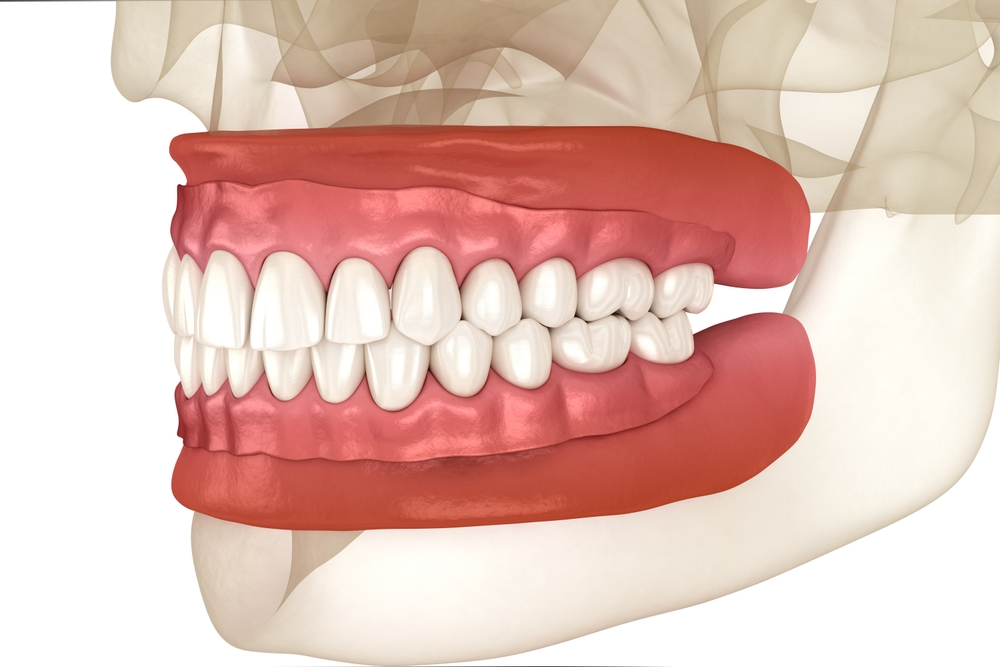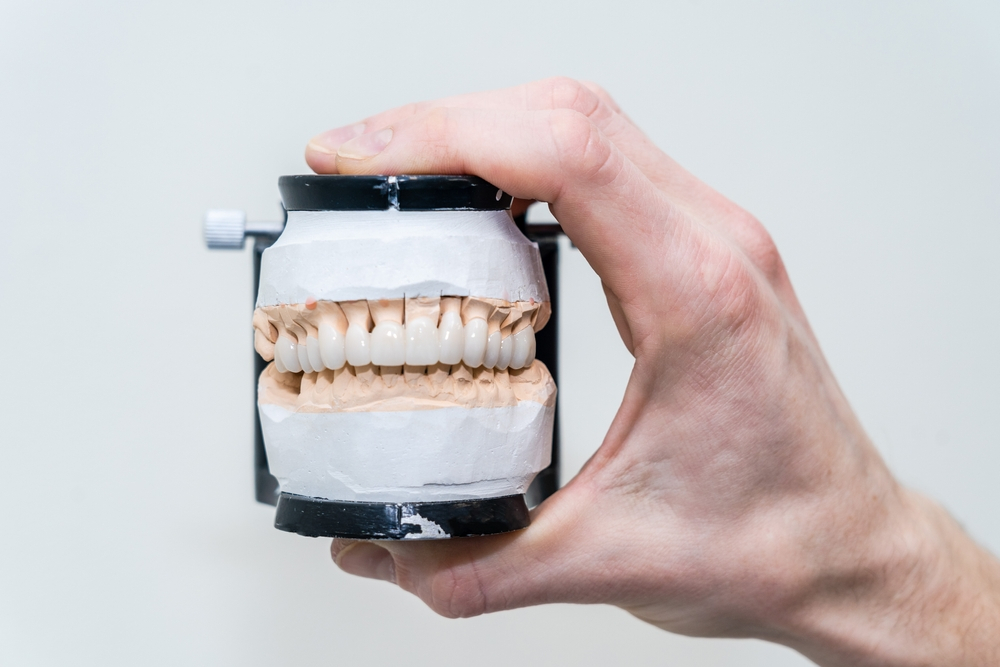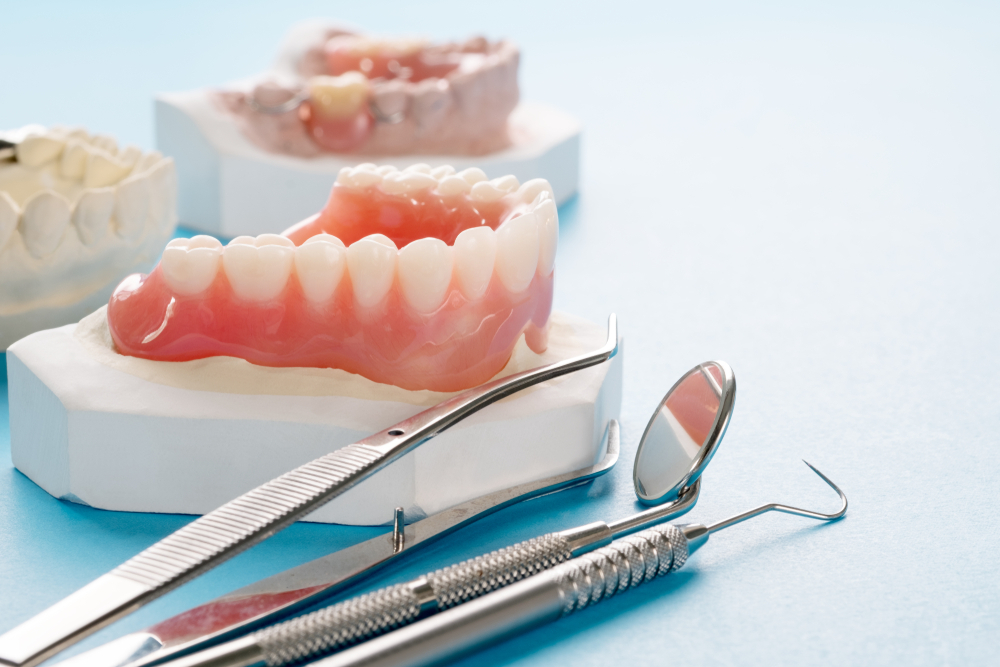Full Dentures: Comprehensive Guide to Design and Fabrication
Full dentures, also known as complete dentures, are removable dental prostheses designed to replace all missing teeth in the upper jaw and/or lower jaw. They serve as a replacement for natural teeth, providing individuals with the ability to chew, speak, and smile confidently. In this guide, we will explore the purpose and advantages of full dentures, as well as the design and fabrication procedures involved.
Purpose of Full Dentures
- Restoring Function: Full dentures enable individuals to regain their ability to chew and eat a wide variety of foods, improving overall nutrition and digestion.
- Aesthetic Enhancement: By replacing missing teeth, full dentures restore the natural appearance of the smile, enhancing facial aesthetics and boosting self-confidence.
- Speech Improvement: Full dentures help improve speech clarity, especially for individuals who experience speech difficulties due to missing teeth.
- Supporting Facial Structure: Full dentures provide support to the facial muscles, preventing sagging or collapsing of the cheeks and lips, which can contribute to an aged appearance.
Advantages of Full Dentures
- Cost-Effective Solution: Compared to other tooth replacement options, such as dental implants or fixed bridges, full dentures are a more affordable solution.
- Non-Invasive Procedure: Unlike dental implants, which require surgical placement, full dentures are a non-invasive option that can be easily adjusted or modified as needed.
- Versatility: Full dentures can replace an entire arch (either upper or lower) or both arches simultaneously, depending on the individual’s needs.
- Restorative Flexibility: Full dentures can be designed to accommodate future changes in the oral cavity, such as tooth extraction or the need for additional prosthetic teeth.
Design and Fabrication Procedure
- Initial Assessment: The dentist evaluates the patient’s oral health, takes impressions, and discusses the desired appearance and functional requirements.
- Denture Design: Based on the impressions, dental CAD software is used to create a digital design model of the denture, ensuring accurate fit and bite alignment.
- Wax Try-In: A wax replica of the denture is created and tried in the patient’s mouth to assess the fit, aesthetics, and bite. Adjustments can be made at this stage.
- Final Denture Fabrication: Once the wax try-in is approved, the denture is processed using high-quality dental materials, such as acrylic, to create the final prosthesis.
- Delivery and Follow-Up: The completed denture is delivered to the patient, who is instructed on its proper care, cleaning, and maintenance.
Full dentures are valuable dental prostheses that offer a cost-effective and non-invasive solution for individuals with missing teeth. By restoring function, enhancing aesthetics, and improving speech, full dentures play a vital role in improving overall oral health and quality of life. The design and fabrication process ensures a personalized and comfortable fit, allowing individuals to regain confidence in their smiles and daily activities.
Why choose Bestfit Dental CAD Designing Services?
- Precision and Accuracy: With the use of advanced CAD software, Bestfit Dental CAD designers ensure precise measurements, accurate fit, and optimal aesthetics for full dentures.
- Time Efficiency: The CAD design process significantly reduces the time required for denture creation, allowing for faster turnaround times, i.e., under 12 hours and improved patient satisfaction.
- Customization: Bestfit Dental CAD designers can customize the denture design to match the individual patient’s oral characteristics, resulting in a personalized and comfortable fit.
- Cost-effectiveness: By streamlining the denture fabrication process, Bestfit Dental CAD designing services help dental professionals optimize their workflow and reduce costs.
Choosing high-quality CAD design services like Bestfit Dental CAD guarantees precision, efficiency, and patient satisfaction in the creation of full dentures.



